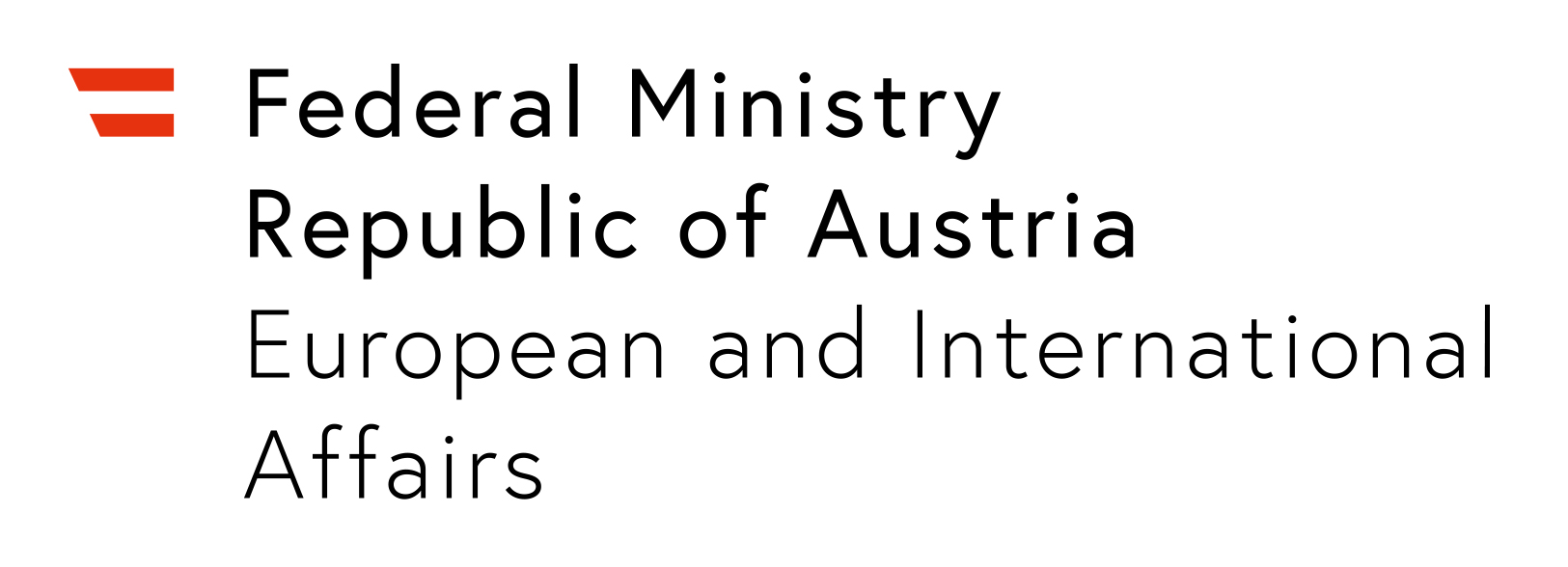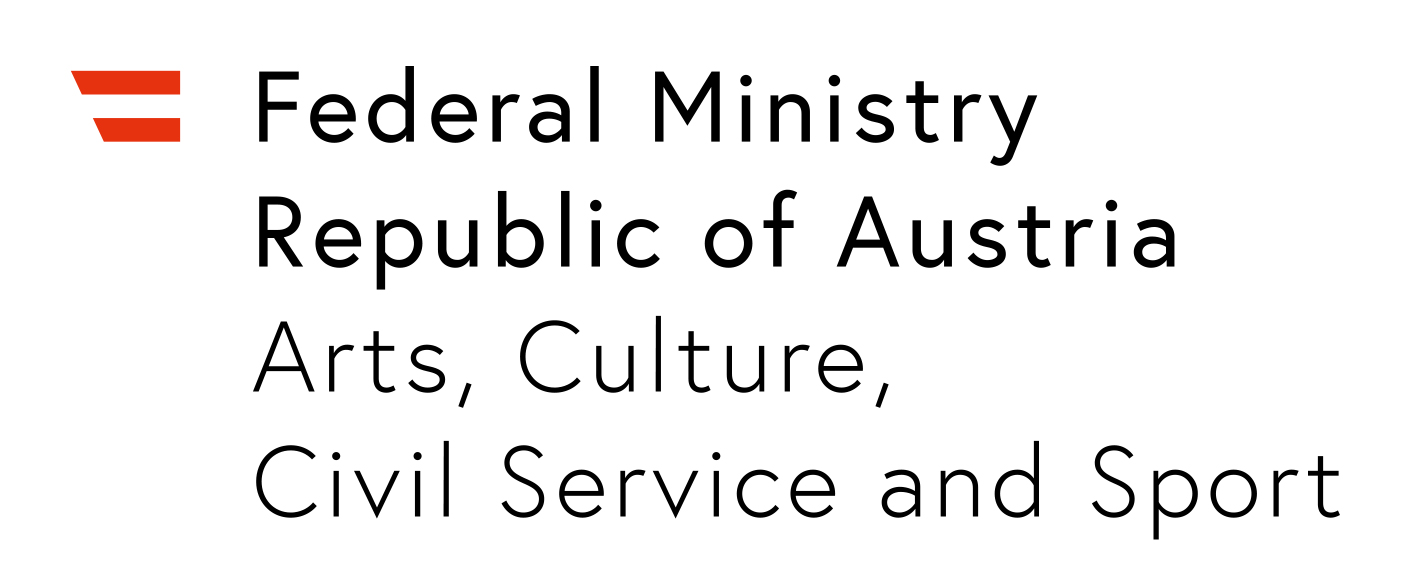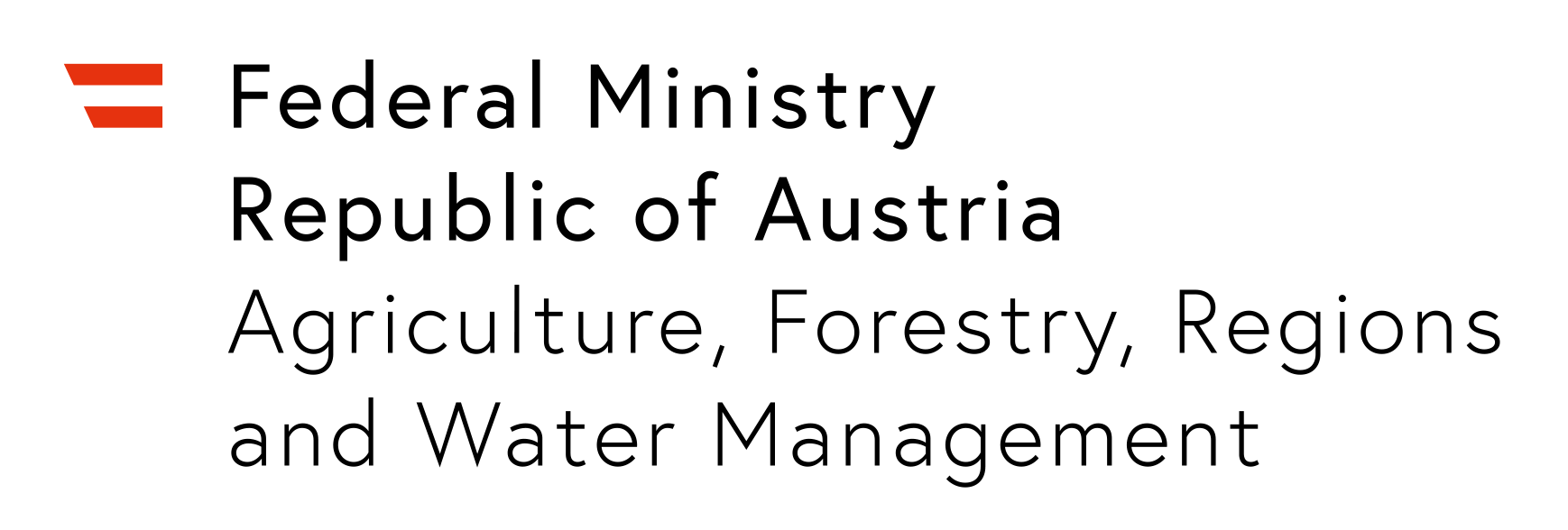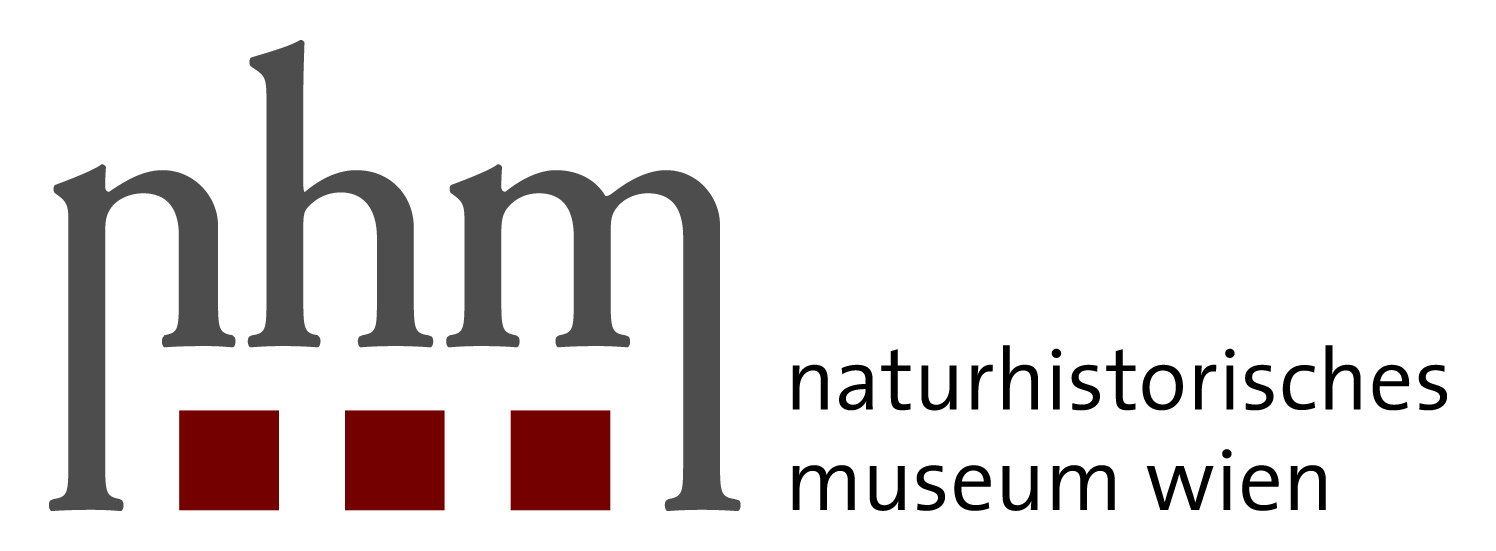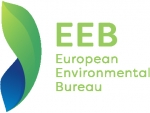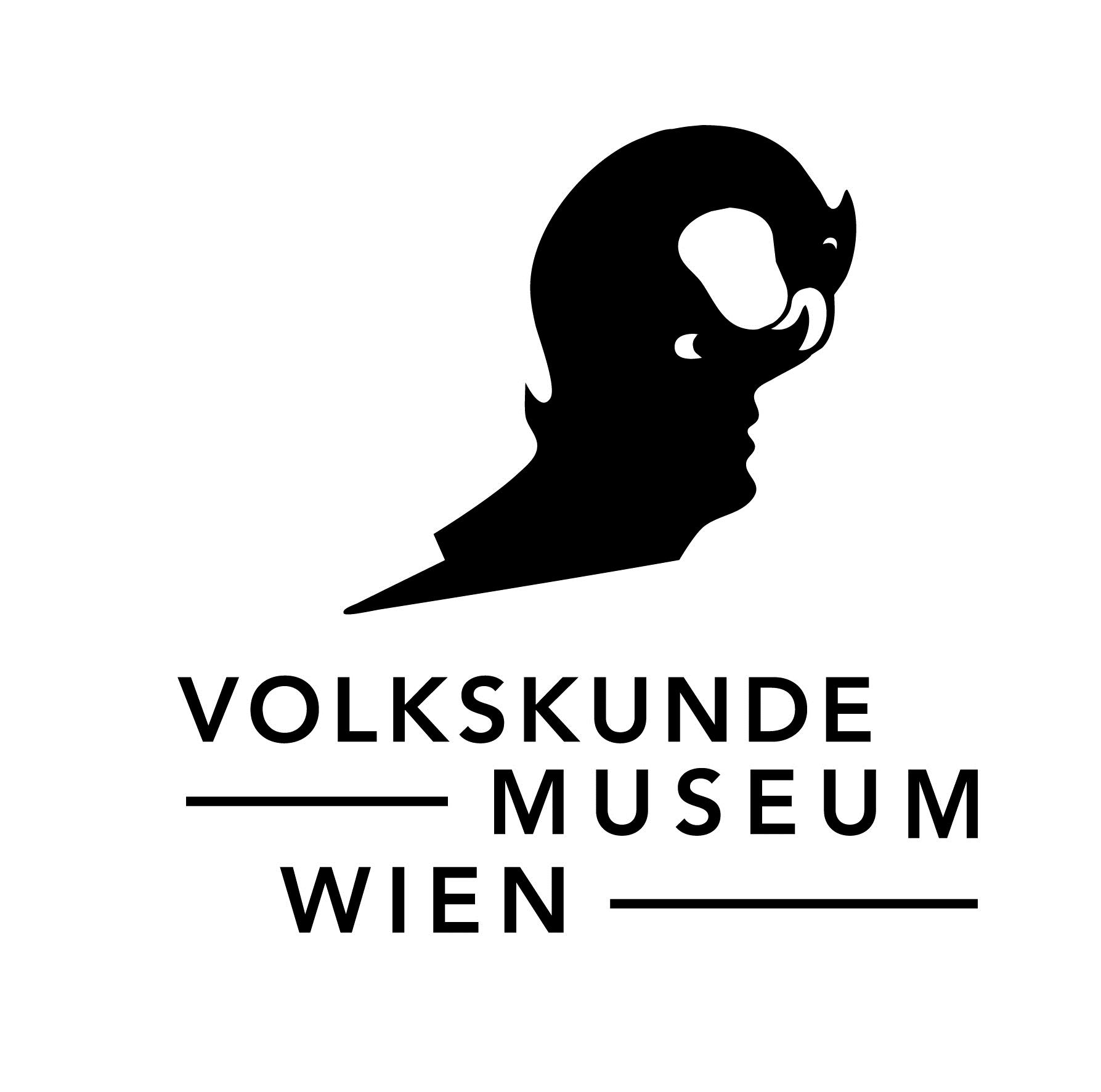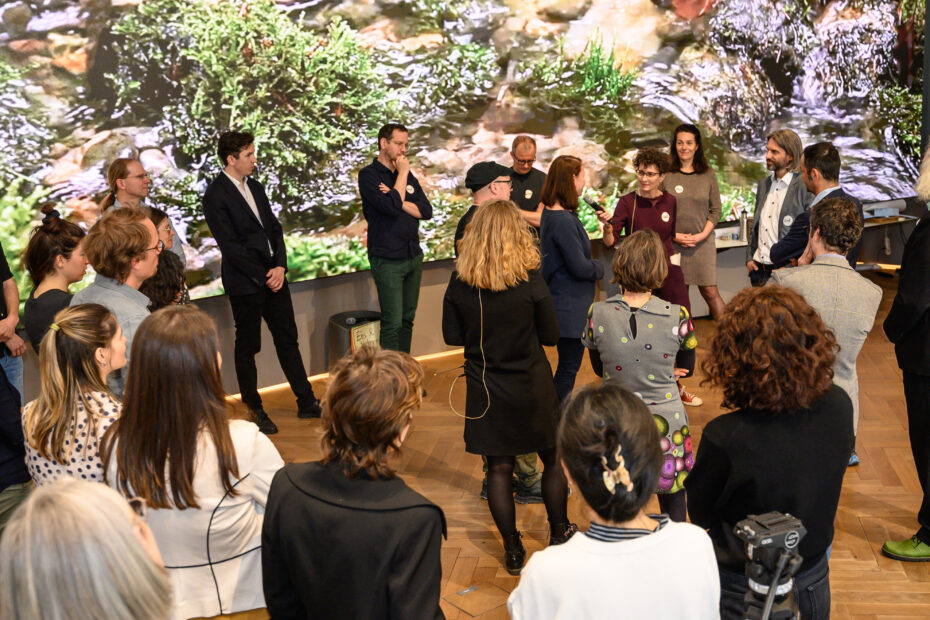On Tuesday, April 25, 2023, the transdisciplinary expert workshop SHARING WATER Innovation Hub took place on Deck 50 of the Natural History Museum Vienna. Sixty water-related experts from the fields of science, art, politics, education, development cooperation, administration, trade, and from the committed population of Austria, Switzerland, and Germany took part in the conference.
It was a wonderful day of learning, co-creation and networking on many levels! Thanks to all contributors and participants for their engagement!
Our questions of the day:
How can water and water bodies be shared equitably and sustainably?
Can the visionary approach of giving waters a legal status be the decisive step to bring about a comprehensive rethinking and systemic change?
The Innovation Hub saw itself as an echo chamber for new approaches to dealing with water bodies and water in an equitable and sustainable manner.
New approaches also require new formats – so the Innovation Hub was very participatory, the equal inclusion of expertise of different kinds was an important part of the concept, as was the interplay of artistic and scientific impulses during the day.
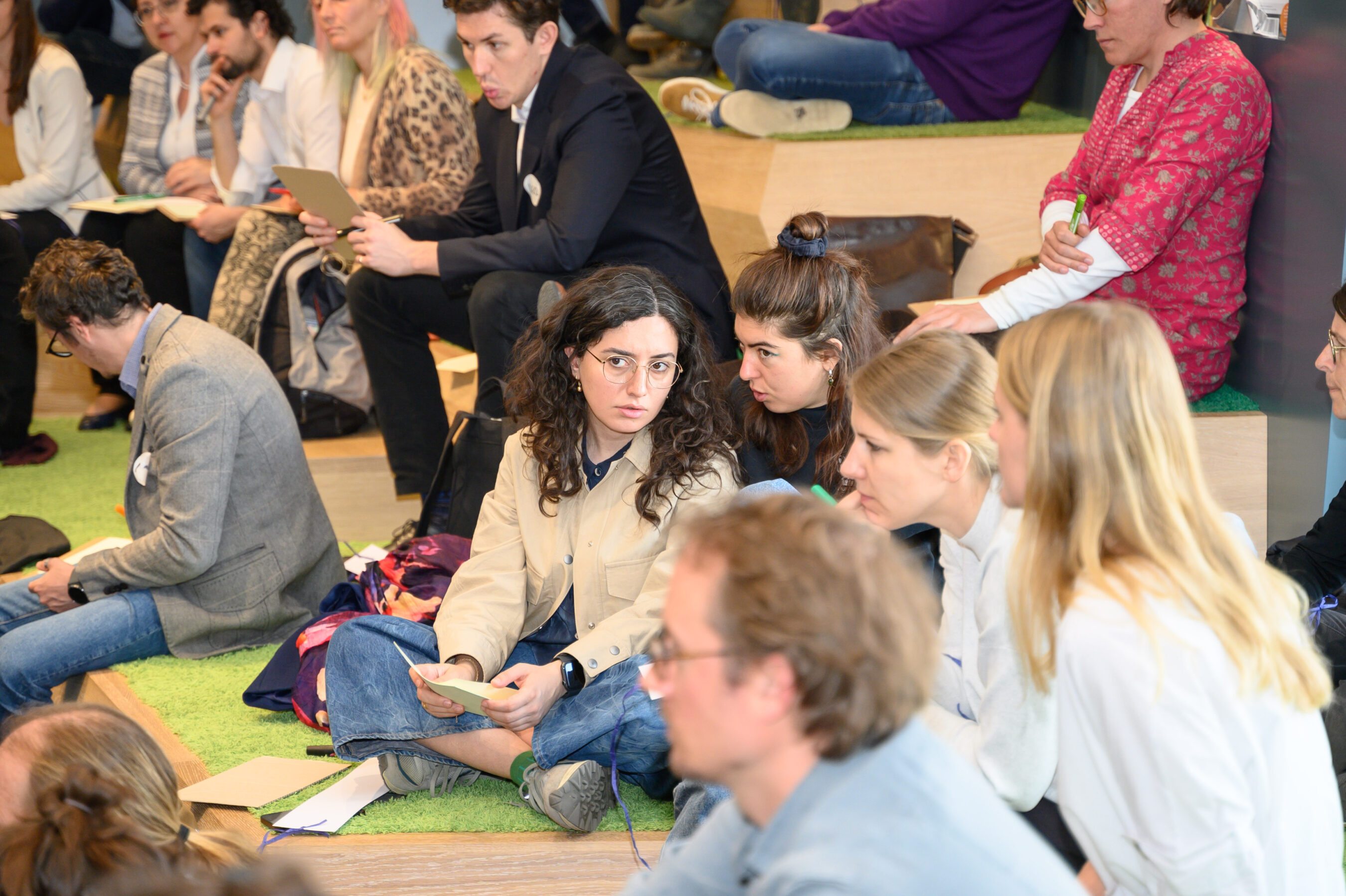
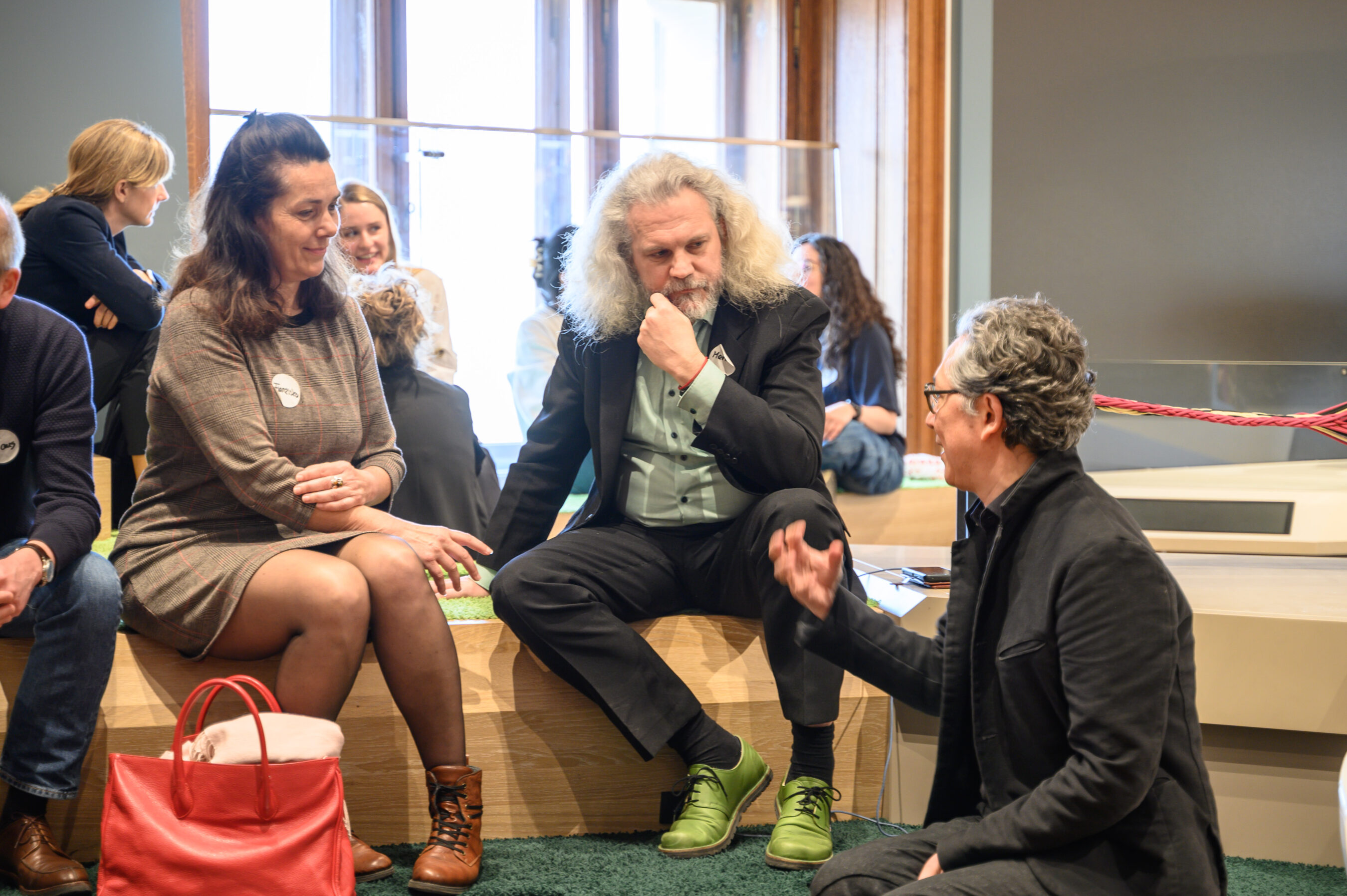
Programme
To set the mood, guests were offered a glass of Viennese tap water upon arrival – in an individual glass of their choice with engraved messages such as “Pure Life”, “Gift of Mother Nature” or “Blessing”.
The artistic intervention FREE GENIE by Regina Hügli addresses the use of spiritual dimensions of water for commercial purposes in the marketing language of the international bottled water industry. Guests were invited to refresh themselves with a sip of Viennese water and the respective de-commercialized, supporting message.
After the welcome by Katrin Vohland, Director of the Natural History Museum Vienna and Ines Méhu-Blantar, Head of Deck 50, the project initiator Regina Hügli shared her vision of connectedness through water and the goals of the day.
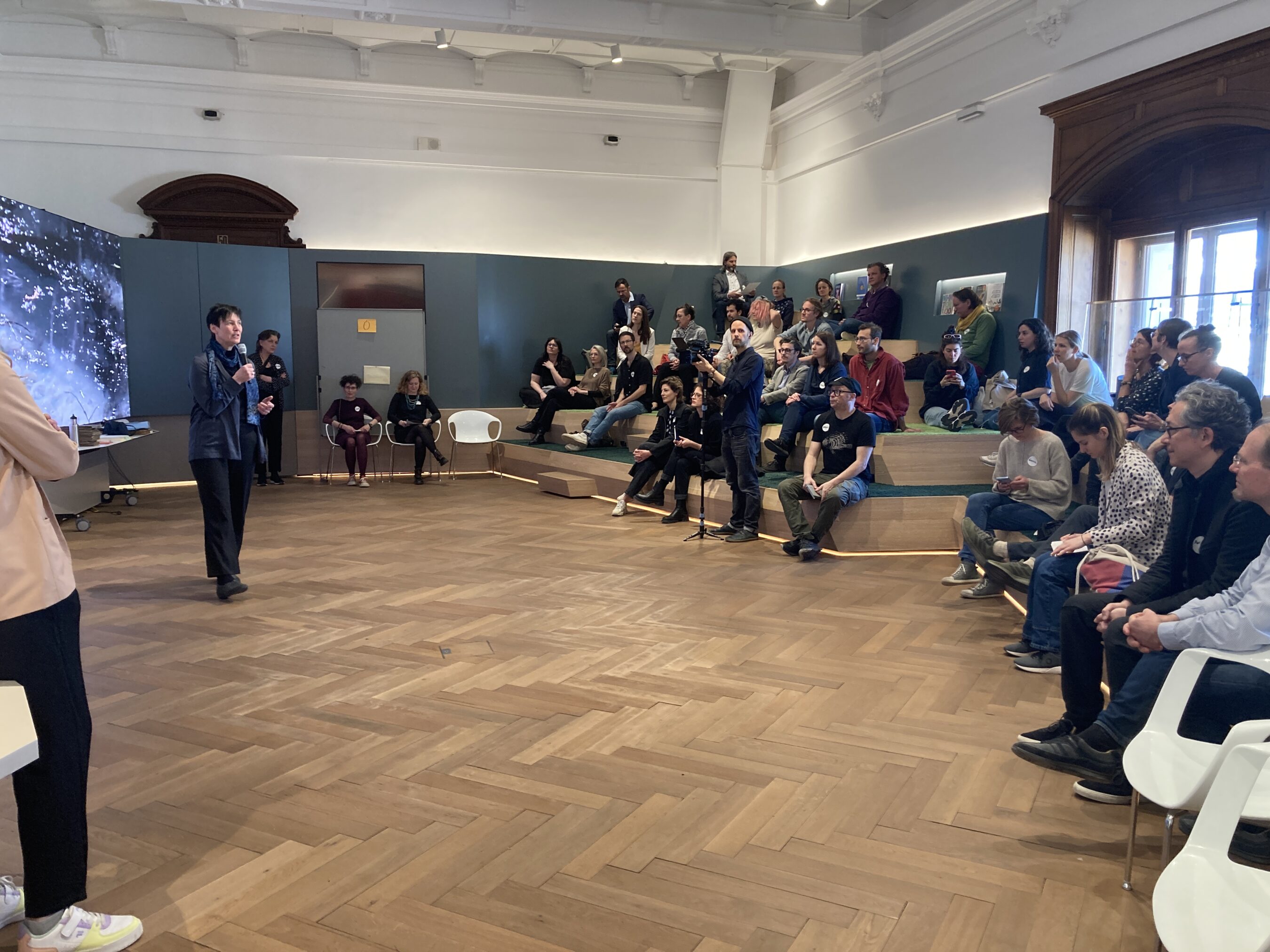
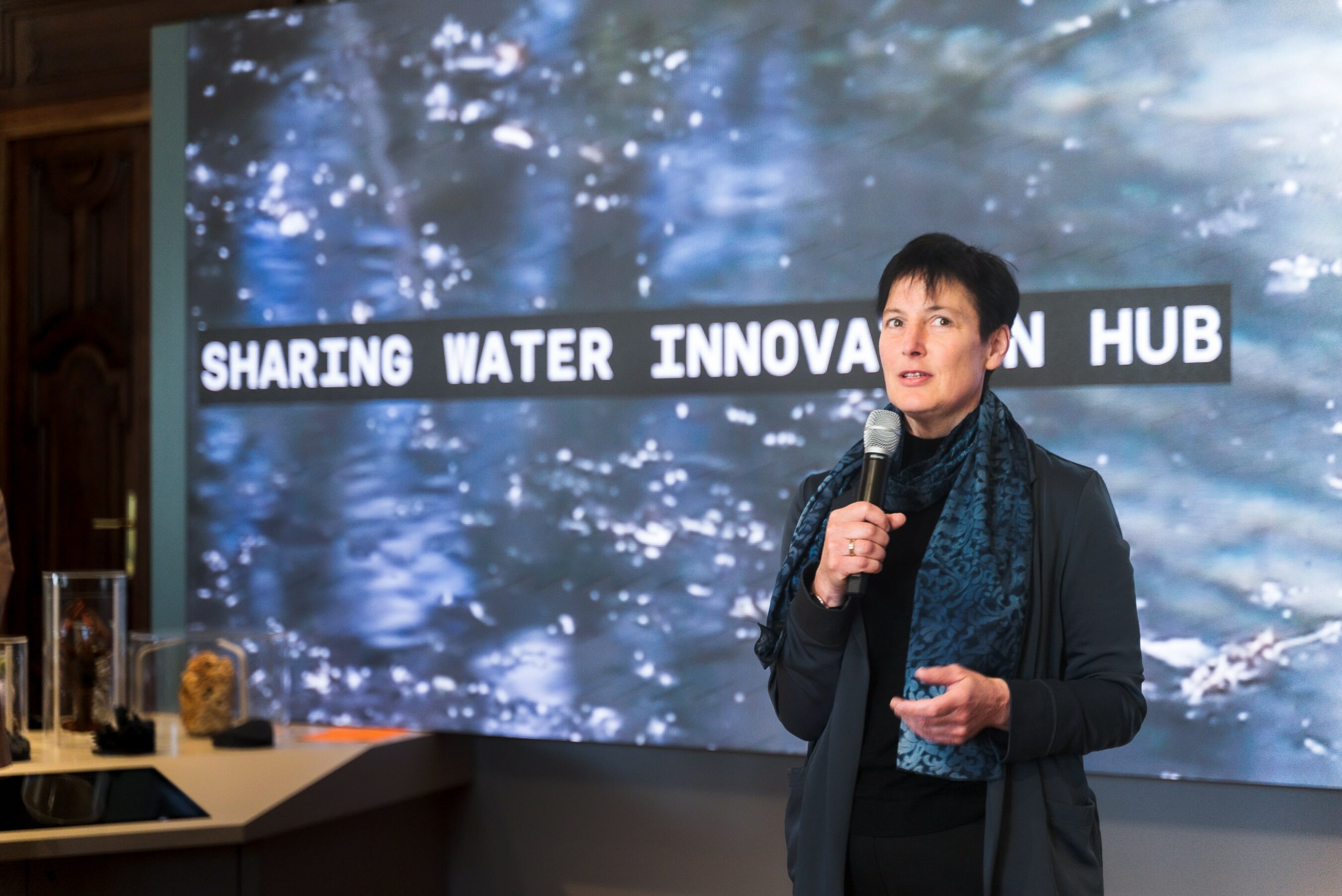
The first impetus of the day came from four research areas of the NHM with short, surprising presentations on the history of the origin of water on Earth and biodiversity research. (Ludovic Ferrière, Curator of the Meteorite Collection, Mathias Harzhauser, Director Geological Department, Lukas Plan, Research Associate, Cave Documentation, Anja Palandačić, Collection Manager of the Fish Collection).
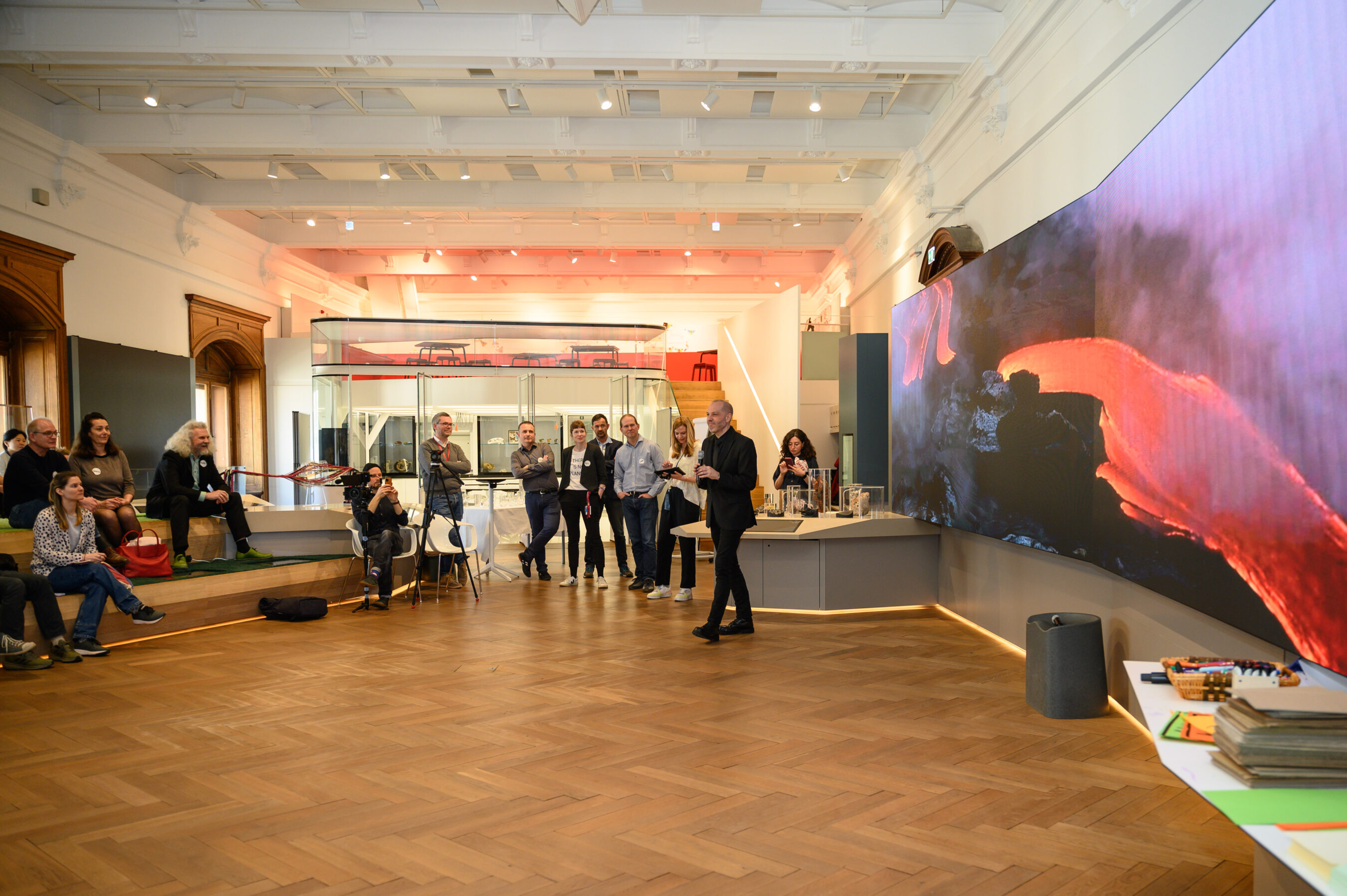
The main impulse of the day, the lecture on the legal status for waters by the Austrian lawyer Michaela Krömer had to be held as a video lecture due to illness. However, even this medial lecture offered a well-founded and lively introduction to this visionary legal approach, which is already being implemented in some parts of the world.
If bodies of water/ecosystems become legal subjects – which was until now reserved for humans and legal entities – this means the abandonment of an anthropocentric view of the world at the legal level. A legal status for natural objects includes the right to existence, regeneration and restoration in case of damage. This requires a rethinking on many levels – the effect of a successful implementation would be a comprehensive system change.
The rethinking, but also the concerns and resistance that this seemingly visionary approach causes, were an important strand of the day’s discussions.
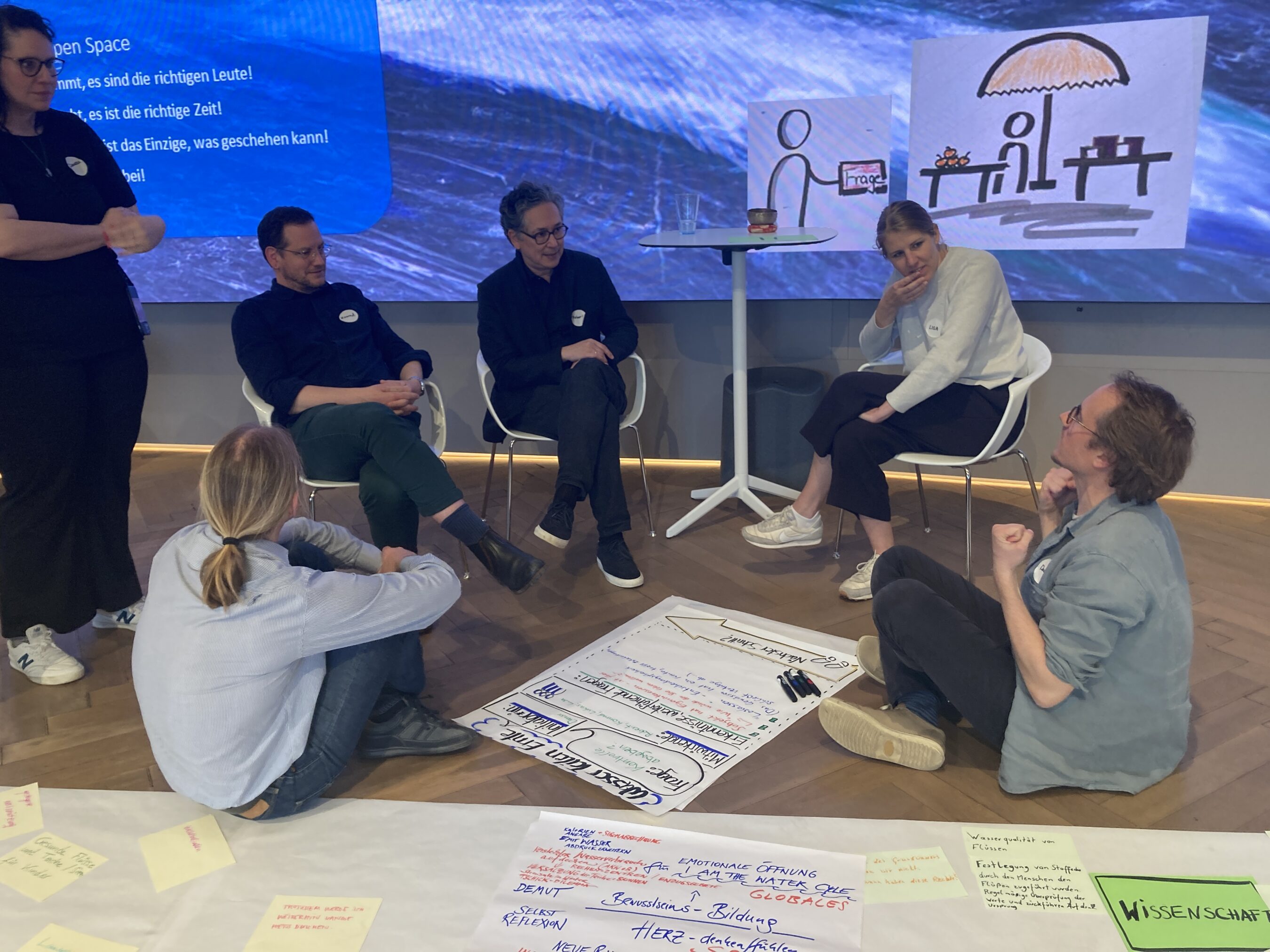
Central Findings
The central findings of the discussions were the identification of a great need for networked knowledge on water issues and broad-based communication of this knowledge in order to anchor it in society.
The following topics were rated as particularly important: the current legal situation and the possibilities of democratically initiated changes to it, which regulate the handling of water and water bodies on a national or regional level. On a global level, there is a need for more knowledge about water distribution inequity and the interlinked relationships between water consumption, water scarcity and climate change that affect the planet’s water balance.
Particularly important knowledge in both contexts is scientific understanding and communication of the framework conditions that water bodies or ecosystems need to keep themselves alive and healthy, and thus also provide the basis for sufficient clean water to be available.
Qualities of Listening
Listening was thus also a central theme – listening among us humans, but also a listening concerning waters, other life forms and their needs. This impulse was supported by artistic interventions during the day.
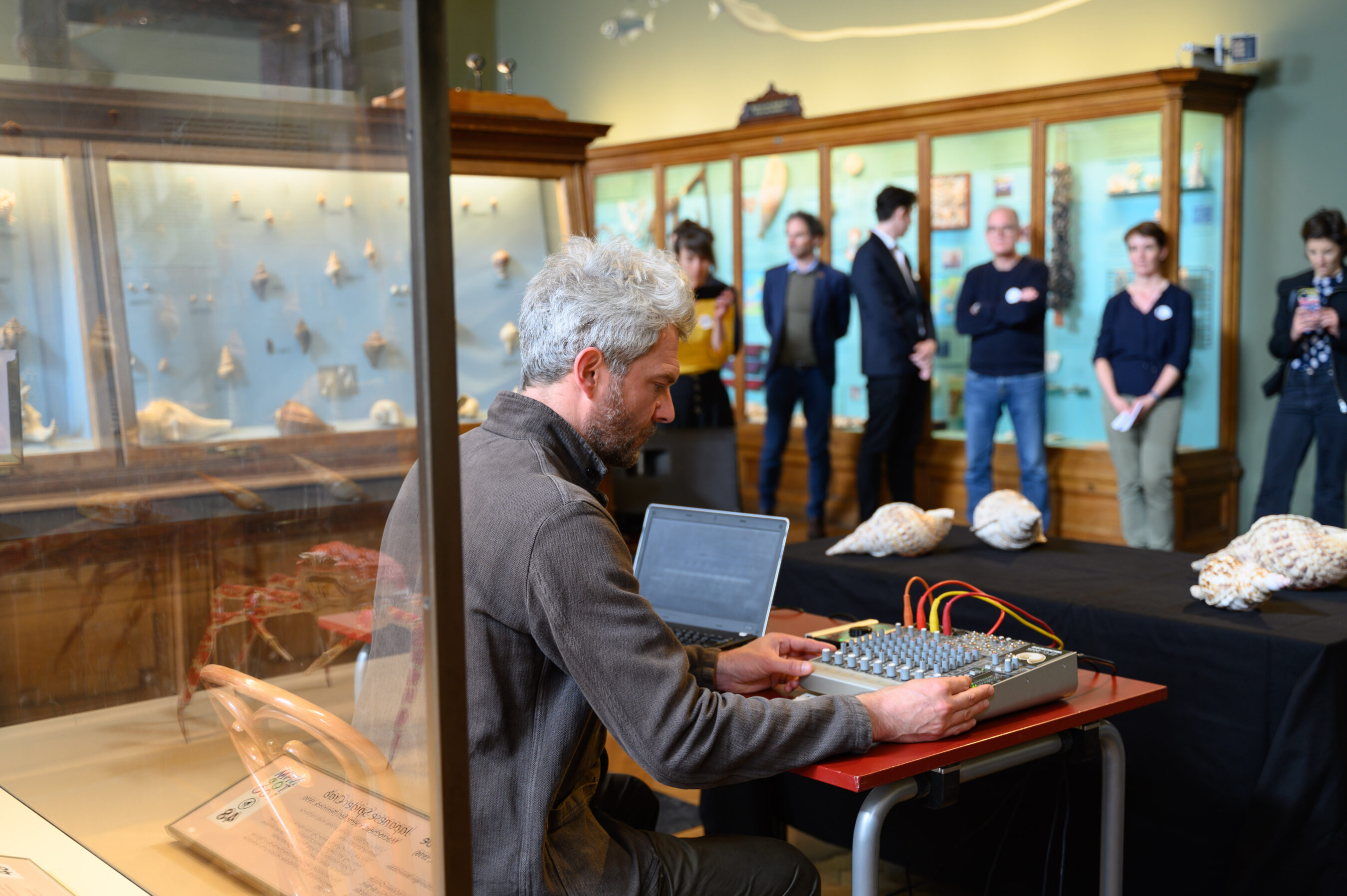
Stefan Fraunberger (composer, musician) used four triton snails from the NHM’s collection as a sound space. Through the sinuous swirls of the snail shells, which, by the way, strongly resemble the human cochlea, he recorded the soundscape of the Mollusc Hall at the NHM and amplified them. The droning intrinsic sound raised questions about how our human space sounds, or how we humans are perceived by other species.
Artist and aquatic ecologist Christina Gruber used embodiment practices to direct participants’ focus on balance, breath, and auditory perception – basic requirements for good listening – in the human and more-than-human context.
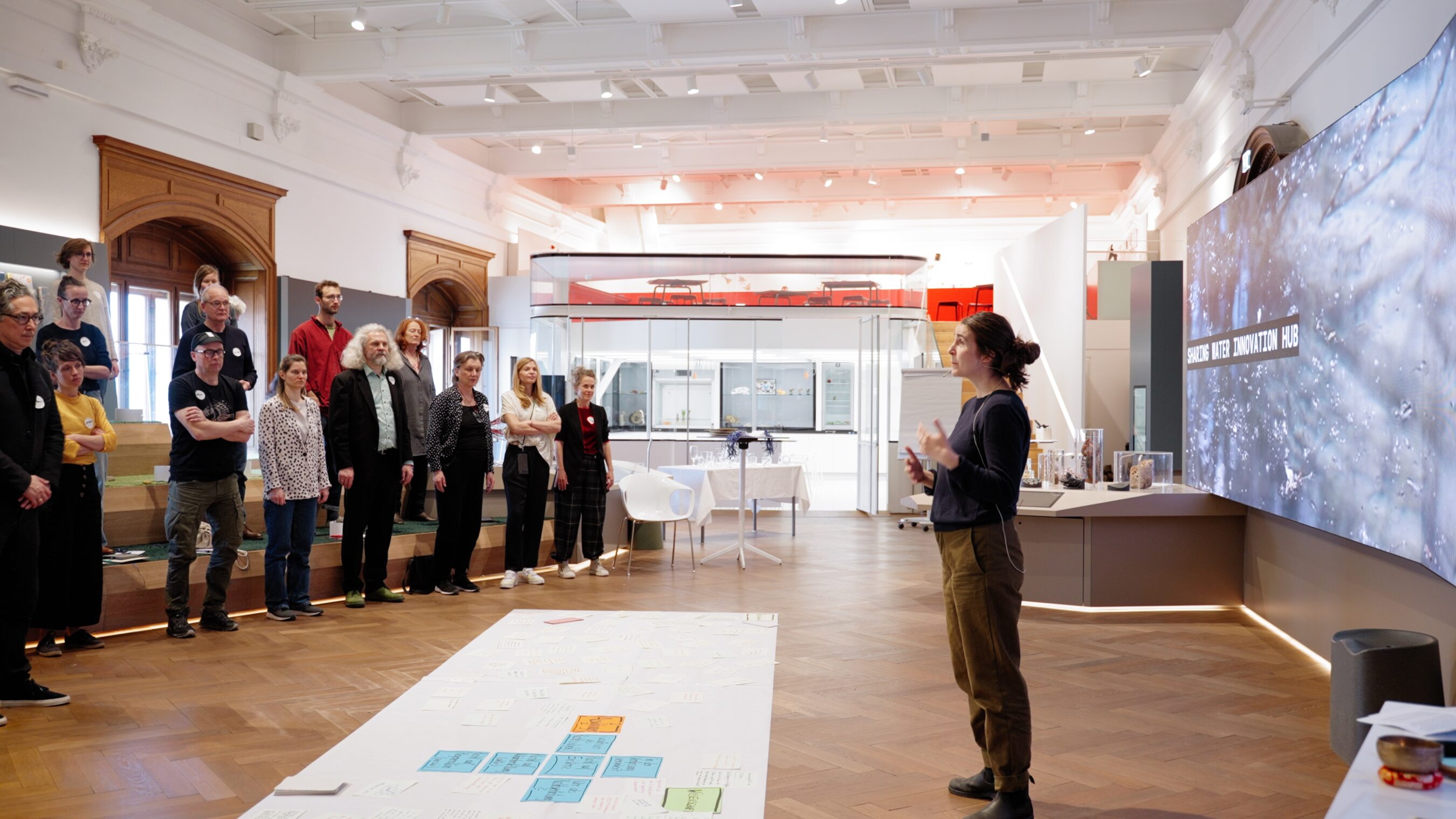
It was the conversations that defined the day and gave rise to new insights and networks. The diversity of perspectives and the coherent moderation by Judith Stemerdink-Herret and Lisa Rombach created a broadened space of experience and a common bond.
“Inspiration”, “hope”, “togetherness” were then also the most mentioned impressions collected at the end of the day as an emotional harvest. We hope that the experience of this day will help to multiply a communal sharing of water and a change in thinking through the spheres of influence of the participants and that many new water ambassadors will commit themselves to a fair and sustainable use of water.
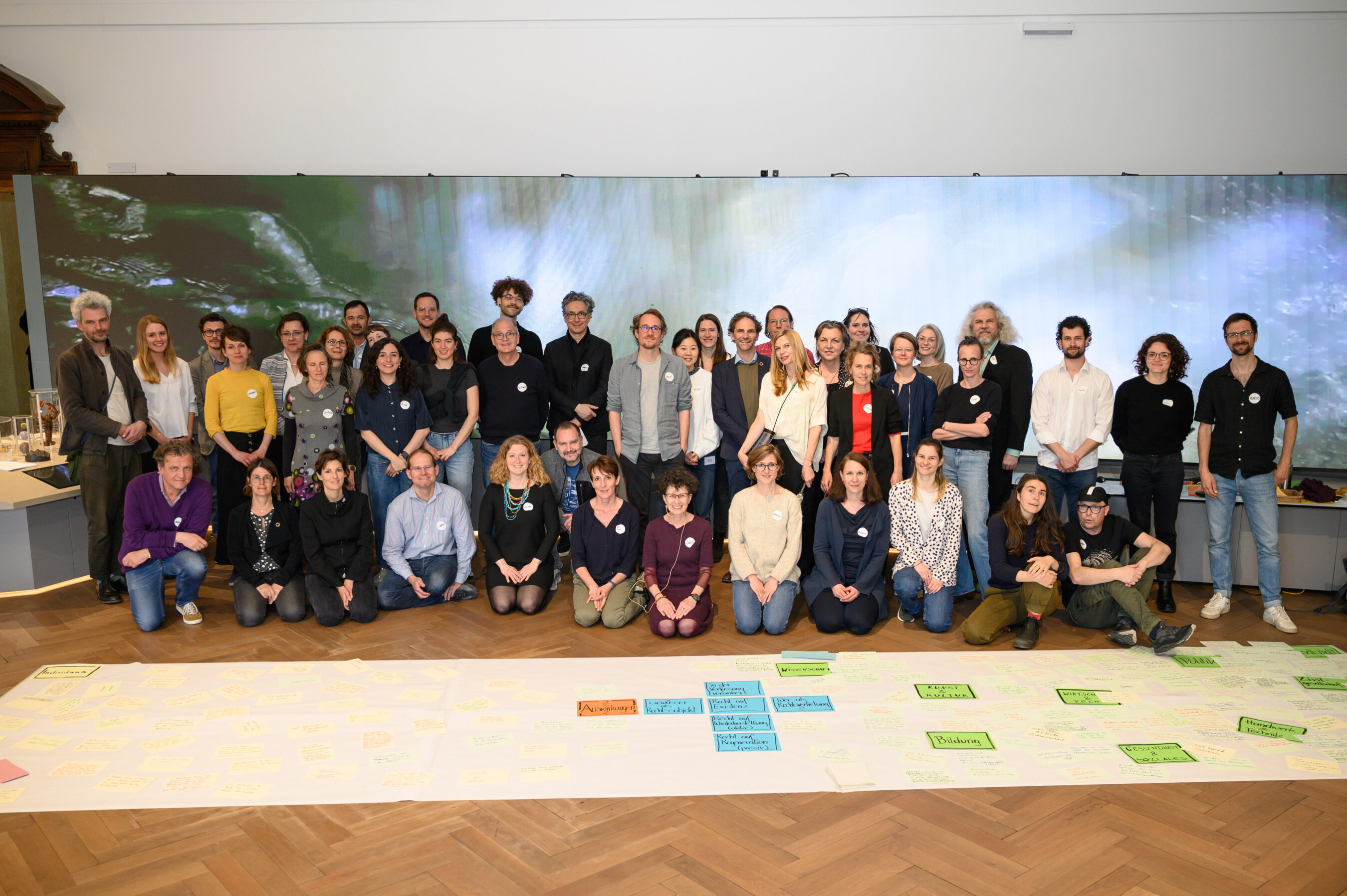
Frame and Outlook
The workshop is part of the event series WATER SHARING. On May 25, 2023, the last event of the series will take place at the Volkskundemuseum Wien – the OPEN DAY, which – according to the findings of the Innovation Hub – serves to impart knowledge on water topics.
From 14.00-18.00 there will be hands-on, information and dialogue stations on global and Viennese water topics. A fishbowl discussion in the evening from 18.00 provides information on the topic of “Legal status for water bodies” and invites to a discussion with lawyer Michaela Krömer (speaker), Christina Formanek (Federal Environment Agency) and Klaus Lanz (International Water Affairs, Switzerland).
Link to Programme OPEN DAY
The events are part of the SDG programs of the Natural History Museum and the Folklore Museum Vienna, the SDG focus of the Austrian universities (UniNEtZ uninetz.at), as well as the partnership between Austria and Switzerland in the implementation of the 2030 Agenda.
We thank all partners for their great support!


